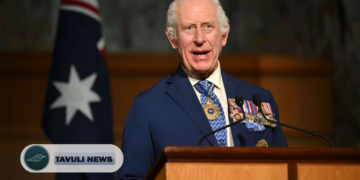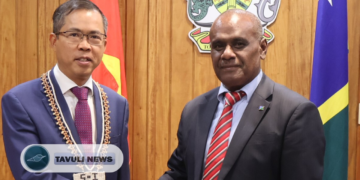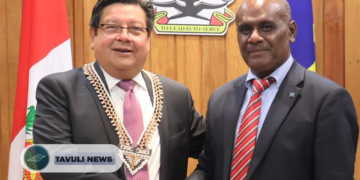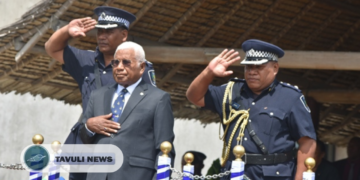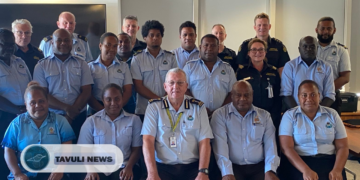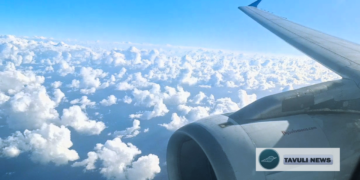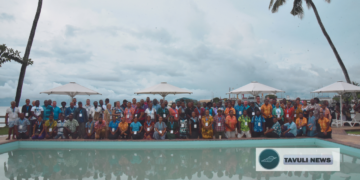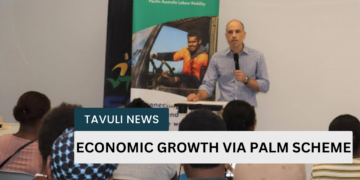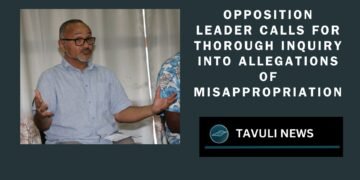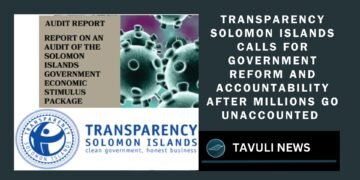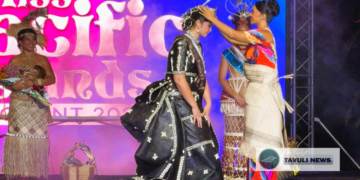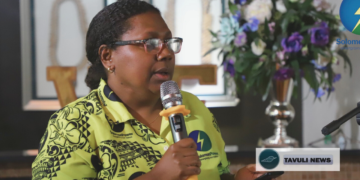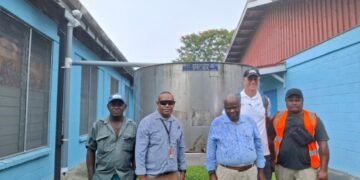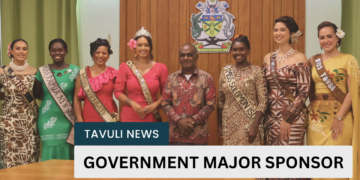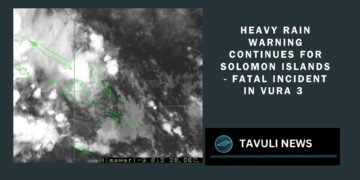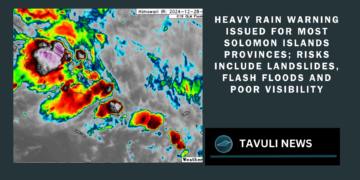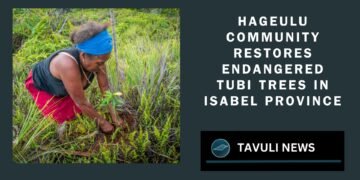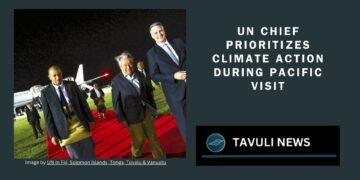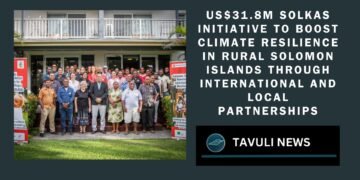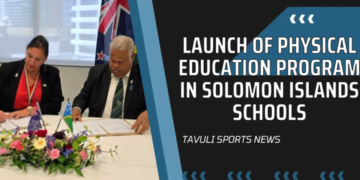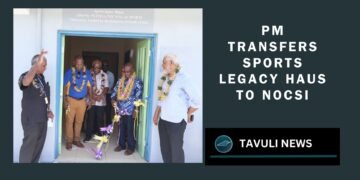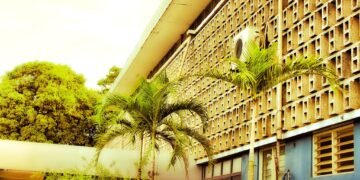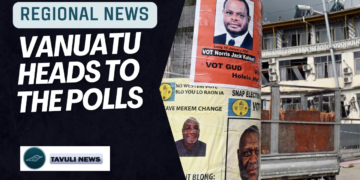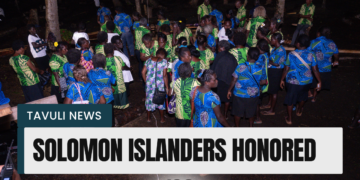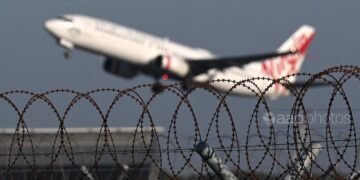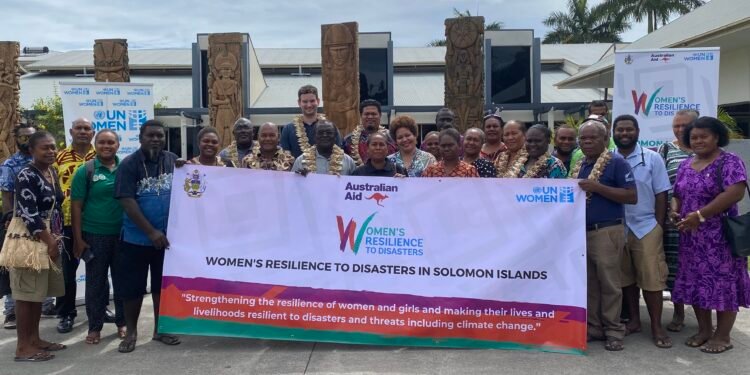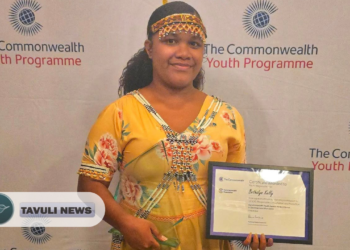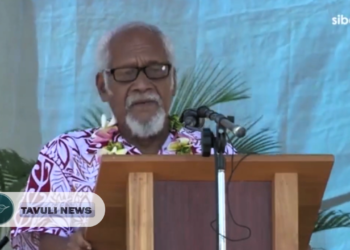A new programme to bolster women’s resilience and leadership for sustainable, secure and thriving communities in the Solomon Islands, in the face of disasters, was launched today.
The Women’s Resilience to Disasters (WRD) programme was launched in the Solomon Islands by the Solomon Islands Government, in partnership with Australia and UN Women in the Pacific. Women and other marginalised groups are at the forefront of disaster response and recovery efforts in the Solomon Islands, a country prone to floods, earthquakes and cyclones. The WRD programme aims to reduce the disproportionate impact of disasters on women and girls, in all their diversity, by strengthening their resilience and capacity to prepare for, respond to, and recover from disasters. The programme will also address the underlying gender inequalities of risk by involving women and girls in decision-making at all levels.
The WRD Programme will be implemented by UN Women in collaboration with the Ministry of Women, Youth, Children and Family Affairs (MWYCFA), and the Ministry of Environment, Climate Change, Disaster Management and Meteorology (MECCDMM) (including the National Disaster Management Office). UN Women will also work with local Civil Society Organizations who work with women and girls, people with disabilities and other marginalised groups.
Speaking at the launch event, Permanent Secretary for the Ministry of Women, Youth, Children and Family Affairs, Dr. Cedric Alependava, highlighted the importance of the work that is mapped out by the WRD Programme and its stakeholders.
“Due to inequalities, women and girls experience higher loss of livelihood during disasters and a longer recovery time. Policy, planning and action should be prioritised to ensure that support systems are strengthened to reduce the risk and boost resilience,” said Dr Alependava.
The WRD Programme will focus on the most disaster-prone areas of the country, with a particular emphasis on enhancing early warning systems for women, girls, and people living with disabilities in Malaita and the Central Province.
The Australian High Commission’s representative at the launch, Mr. Timothy Mitchell, Second Secretary, Aid Coordination and Humanitarian, noted the importance of WRD as part of Australia’s partnership with the Solomon Islands Government on disaster and climate resilience.
Mr Mitchell stated, “the Australian Government is committed to integrating gender equality and social inclusion in every part of our development program – and targeted partnerships like WRD are critical to empowering women and building their resilience to disasters.”
The WRD Programme will also work towards improving disaster risk management by advocating for the inclusion of women’s needs and perspectives in disaster risk reduction plans and policies.
National Disaster Management Office – Director, Mr Jonathan Tafiariki, representing the Ministry of Environment, Climate Change, Disaster Management and Meteorology at the launch added, “We acknowledge that women are powerful agents of change. Their leadership and participation is key to achieving greater equality and greater outcomes. We reiterate the government’s commitment to ensuring the rights of women, girls, and people with disabilities are safeguarded and protected in times of disaster.”
The programme will work to ensure that gender equality and women’s development policies include aspects of disaster risk and climate resilience for the Solomon Islands.
“The Women’s Resilience to Disasters Programme responds by closing gender inclusive gaps and ensuring that women and girls have voice and agency, that their leadership is recognized, and they have access to better and targeted services and products,” said UN Women Fiji Multi-Country Office (MCO) Representative, Ms Delphine Serumaga.
The launch was also attended by representatives from the Ministry of Women, Youth, Children and Family Affairs, the Ministry of Environment, Climate Change, Disaster Management and Meteorology, Ministry of Mines, Energy and Rural Electrification, Ministry of Provincial Government and Institutional Strengthening, Ministry of National Planning and Development Coordination, the Australian High Commission in Solomon Islands, and civil society organisations.
Source: UN Women




